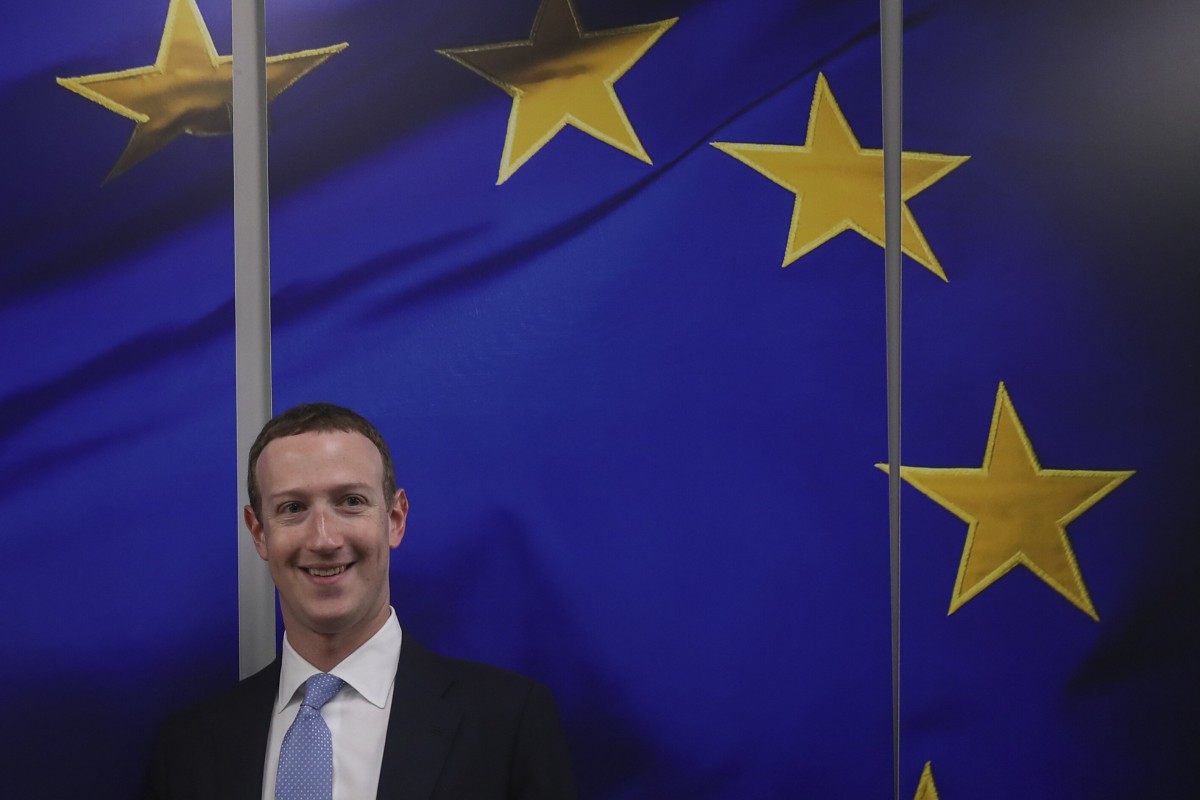Meta's CEO, Mark Zuckerberg, revealed plans to discontinue the company's third-party fact-checking program in the U.S., replacing it with a community-driven model similar to that used by X (formerly Twitter). According to the company’s CEO, Mark Zuckerberg, the decision is part of a broader strategy to enhance free expression on its platforms and streamline policies. However, this move has sparked a backlash from NGOs and civil society groups, who argue it may lead to increased misinformation and manipulation of content.
Meta, the parent company of Facebook and Instagram, has announced a significant shift in its content moderation strategy, moving away from professional fact-checkers to a crowdsourced approach similar to Elon Musk's X platform.
CEO Mark Zuckerberg revealed the change during a video message, characterising the move as a return to the company's “roots around free expression”. For most analysts, this is a move of political alignment of the platform to the new administration in Washington. Trump was initially banned from major social media platforms following the January 6, 2021, Capitol riots. These restrictions were lifted in July ahead of the 2024 presidential election.
In his recent statements, Zuckerberg criticised existing fact-checking mechanisms, claiming they were “too politically biased” and had “destroyed more trust than they created”. The new system will mirror X's community notes model, where users can add contextual information to potentially misleading posts. Contributors can rate the helpfulness of these notes, theoretically creating a self-regulating environment.

On Wednesday, the Nobel Peace Prize-winning American-Filipino journalist Maria Ressa predicted "extremely dangerous times" ahead for journalism, democracy, and social media users. Ressa is currently facing criminal charges after reporting on stories critical of the former Philippine president Rodrigo Duterte. She expressed concerns that Meta's platforms might be exploited even further to disseminate false information, provoke strong emotions, and foster animosity, potentially harming the well-being of individuals, such as Journalists.
Beyond fact-checking, Meta plans broader content moderation changes. Zuckerberg indicated the company will simplify its policies, reducing restrictions on topics like immigration and gender. Content filters will be adjusted to focus only on “illegal and high severity violations”, potentially allowing more controversial content to remain visible. However, it is unclear if the platform will drop its shadow-banning policies on sensitive political topics, such as the situation in the Middle East and the war in Ukraine.
The company has already signalled a potential political shift by replacing global affairs chief Nick Clegg with Joel Kaplan, a former staffer of Republican President George W. Bush. Kaplan suggested that content acceptable on television or in congressional debates should be permissible on Meta's platforms.
Europe’s response
The current transition, initially focused on the United States, will gradually replace third-party fact-checkers with a “community notes” system where users collaboratively provide context and assess the accuracy of posts. Meta has stated that it currently has no plans to end its fact-checking operations in the European Union. The company would review its EU obligations before making any changes. French News Agency, AFP one of Meta’s major providers, currently works in 26 languages with Facebook's fact-checking programme, including in the United States and the European Union.
“We take note of Meta’s announcement, we have no comment on something happening in the US. But, under the Digital Services Act (DSA), very large platforms will have to conduct a risk assessment before removing these policies and sending it to the EU Commission. Thomas Regnier, spokesperson for Tech, Sovereignty, Space, and Research, said in a Press conference on Wednesday, January 11. 8. “We keep monitoring [...] compliance with their DSA obligations in the EU,” he added.
Zuckerberg accused Europe of passing an “ever-increasing number of laws institutionalising censorship” -- echoing escalating rhetoric from X owner Musk, who has long railed at EU efforts to regulate the online space.
“We absolutely refute any claims of censorship,” European Commission chief spokesperson Paula Pinho said in the same Press hearing on Wednesday, Jan 8*. “Whatever model a platform chooses needs to be effective, and this is what we're looking at... So we are checking the effectiveness of the measures or content moderation policies adopted and implemented by platforms here in the EU,” she said.
“Promoting the truth is not censorship, democratic regulation is not an illegitimate obstacle,” commented Thibaut Bruttin, director general of Reporters Without Borders in a statement. Freedom of speech watchdog organization, ARTICLE 19 criticizes Meta's content moderation changes, arguing the policy shift appears politically motivated and risks undermining platform accountability and user safety under the guise of free speech protection.
Under the DSA, which applies to very large online platforms (VLOPs) like Facebook and Instagram, companies are required to conduct thorough risk assessments before implementing significant changes that could impact user safety or content integrity.
*The full press briefing by Paula Pinho, Chief Spokesperson for the European Commission, and Thomas Regnier, Spokesperson for Technology, Sovereignty, Space and Research, on Meta's change of fact-checking and moderation policy can be found here.









